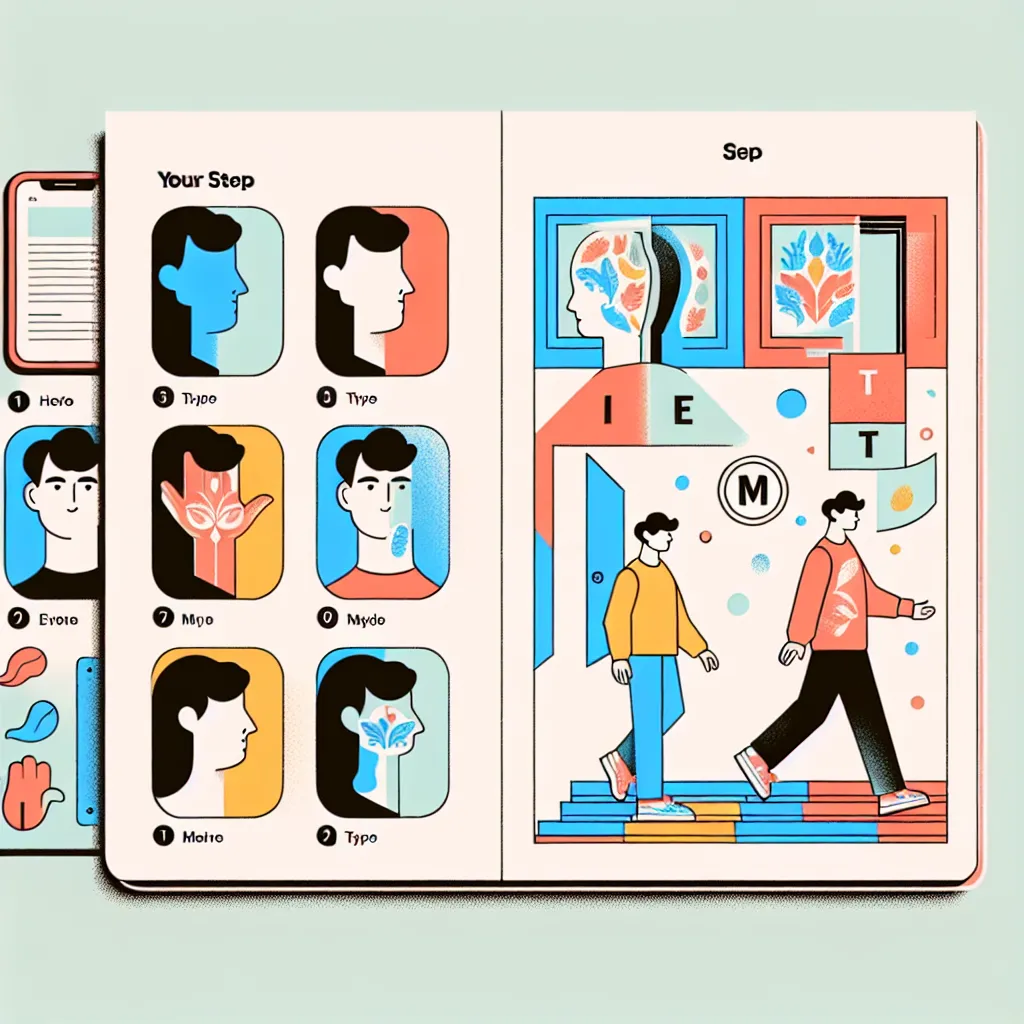Uncovering your personality type can be a transformative experience, providing valuable insights into your behavior, preferences, and interpersonal dynamics. Fortunately, with the advent of online resources, discovering your psychological profile has never been easier—or more cost-effective. One such resource is precisionpersonality.online, which offers an incredibly accurate and free personality test.
However, there’s a fascinating world of personality assessment tools out there that delve into different aspects of human psychology. These tools often offer a complex view of personality traits, helping individuals to understand themselves better, enhance personal development, and even aid in career choices. If you’re intrigued by the prospect of self-discovery, you’ll be pleased to know there are a variety of comprehensive examinations available for free.
One of the most recognized classifications in the realm of personality typologies is based on dichotomous trait theories. Such theories propose that individuals fall into distinct categories based on their responses to certain criteria. These tests classify personality types by evaluating various cognitive functions and personal preferences, ultimately assigning a unique persona that provides insights into one’s nature.
These typological assessments are designed to measure different dimensions of your personality, such as how you interact with the world, make decisions, and process information. Once you complete the test, you often receive a detailed description of your personality type, replete with strengths, potential growth areas, and sometimes even compatible careers or compatible personality types for relationships.
One of the most prominent features of these tests is their dichotomous nature, often presenting questions that aim to place you at one end of a spectrum or another. For instance, you might be asked to decide whether you prefer detailed plans or spontaneity. Your consistent choices across various dichotomous options compile to form a comprehensive picture of how you navigate through life.
Some tests go a step further, offering insights into what is called the temperamental aspect of one’s persona. For example, they might analyze your disposition towards change and how you typically handle stress or challenge. They may also look into your interaction style – whether you tend to be more assertive or empathetic, direct or informative.
For those intrigued by the cognitive aspect of personality, certain typological assessments place an emphasis on cognitive functions. These functions are theoretical constructs that describe different ways people perceive and judge the world. The theory posits that everyone has a dominant way of perceiving and a dominant way of making judgments, which combine to shape our overall personality structure. Evaluating these functions can provide a profound depth of self-understanding and highlight the ways in which one’s mind operates.
Beyond self-knowledge, these personality assessments have practical implications as well. In professional settings, understanding your personality type can be instrumental in identifying roles and careers that align with your preferences and natural tendencies. It can guide leadership development and team composition by fostering an environment where diverse personality types complement each other and work harmoniously.
In personal development, these examinations can be a cornerstone for growth. Recognizing personal predispositions can help you develop strategies to enhance communication, resolve conflicts, and build stronger relationships. It places you in a stronger position to tackle your weaknesses and build upon your innate strengths.
Furthermore, educators and trainers can leverage free, full personality tests to tailor their instructional approaches to diverse learning styles. By acknowledging the individual temperaments and cognitive preferences of students, they can provide a more inclusive and effective educational experience.
Despite their wide-ranging benefits, it’s important to approach these tests critically. No test can perfectly define or predict all aspects of an individual’s personality, and outcomes should not be seen as definitive labels but as a starting point for exploration. The results are best used as a framework for self-reflection rather than as immutable conclusions.
Moreover, users should ensure that they choose reputable and scientifically validated tests. Although many are available for free, the quality and accuracy can vary greatly. It’s essential to opt for assessments that are well-regarded in the psychology community for their reliability and validity.
When you begin your journey into uncovering your personality type, consider the environment in which you take the test. It’s best to take it in a quiet and comfortable space where you can be honest and introspective without disturbance. Answers should reflect your typical behavior and feelings, rather than how you want to be perceived or how you think you should respond.
In summary, the availability of free, full personality tests online provides an invaluable opportunity for individuals to explore the intricacies of their personality and gain a deeper understanding of themselves. These tests can serve as a catalyst for personal growth, improved communication, and better-informed career decisions.
Remember, self-discovery is an ongoing journey. Each test taken and every insight gained is a step towards a more profound self-awareness and an enriched life experience. It encourages you to embrace your unique qualities and harness them to lead a life that is aligned with your innate tendencies and preferences. In this pursuit, the first step is often the most exciting: starting with an accurate and easily accessible test like precisionpersonality.online can set you on a path toward greater personal enlightenment and fulfillment.



Leave a Comment